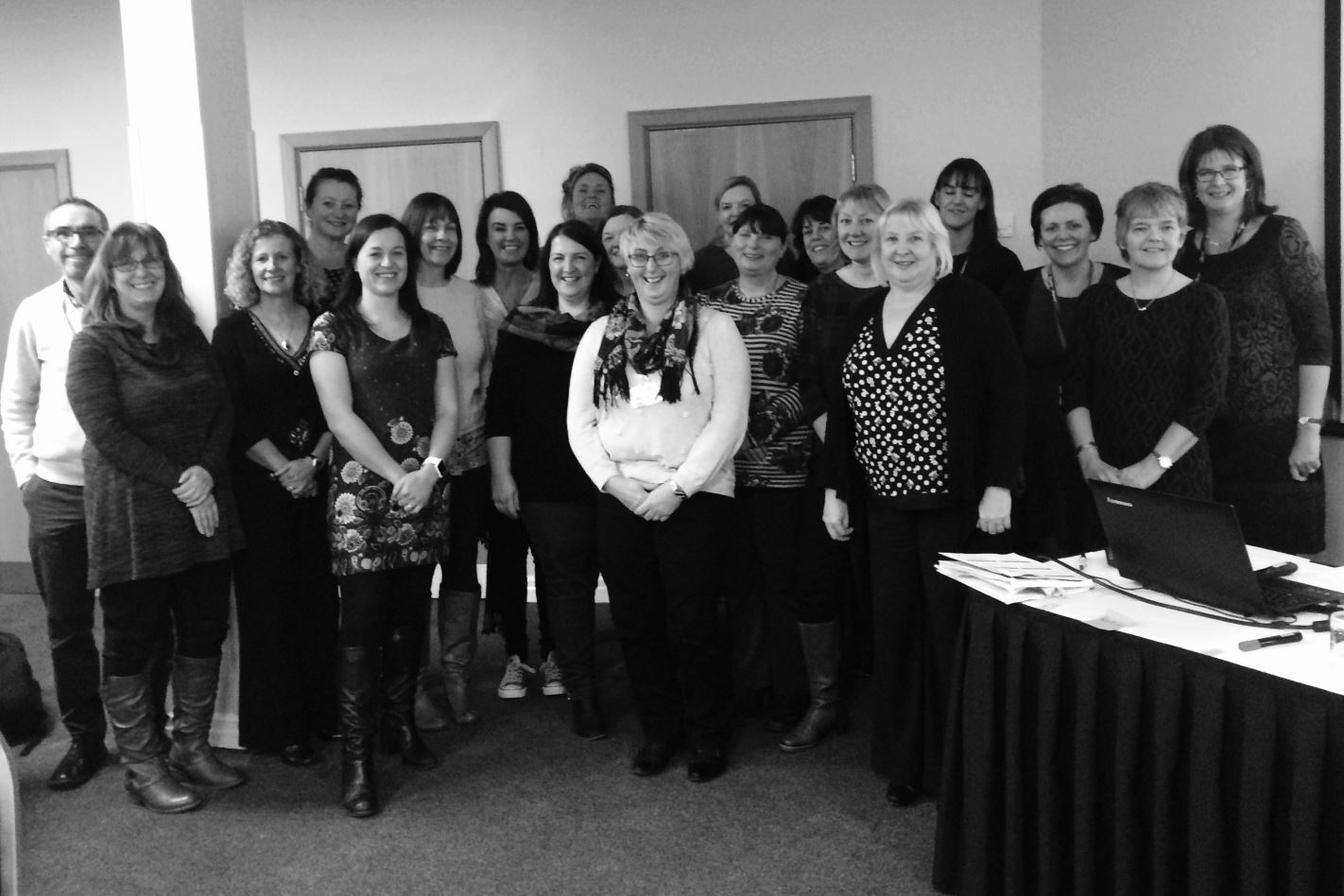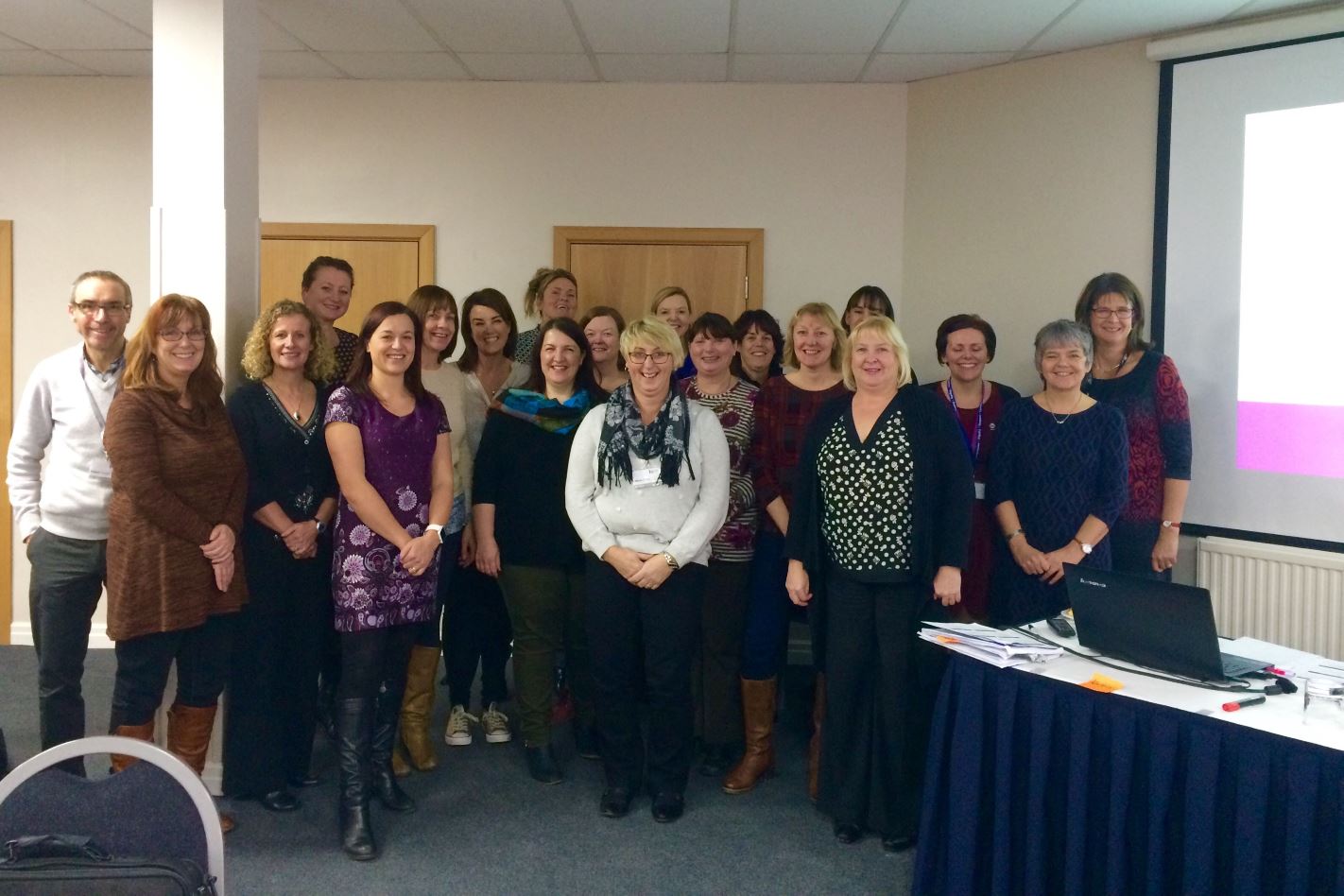The Medical Daily reports that online support groups exist for a surfeit of mental health conditions including uncontrollable anger, depression, anxiety, loneliness, and kleptomania to name a few. But whether such groups provide anything beyond mere moral support for sufferers remains an open question for science, deserving — as they say — greater empirical study.
Investigators in the United Kingdom reported evidence supporting the effectiveness of online therapy for postnatal depression, a silent suffering affecting as many as 30 percent of new mothers. The study, published in an academic journal, supports work by researchers in Sweden last year showing promise for online therapy in treating general depression, too. Here, researchers at the University of Exeter, with support from the U.K. National Institute for Health Research, found a reduction in depression symptoms — including work and social impairment, as well as anxiety scores — following six months of treatment using a modified online “behavioural action” program supplemented with telephone calls with a mental health worker. Via Netmums.com, investigators recruited 83 women who had recently given birth and met diagnostic criteria for major depressive disorder, splitting them into two groups — one receiving traditional treatment and the other participating in Internet-based treatment.
“The online treatment we are offering via Netmums is the first treatment of this type—specifically designed for postnatal depression,” Joanna Bowler, a representative of Exeter, told Medical Daily. “Netmums.com offers an online chat room for postnatal and antenatal depression that is supported by trained parent supporters who are supervised by health visitors.”
Bowler said that although women with postnatal depression appeared to make heavy use of the website, and perhaps others, many chatroom users reported no local access to treatment, suggesting an unmet mental health care need among the wider population. Still others eschewed available treatment options for lack of perinatal focus or simply to avoid the stigma of mental health problems. “As a result, I paired up with Netmums.com to offer women treatment directly to fill this gap,” Bowler said.
The findings bolstered those of another study by the same research team on a more self-directed version of online therapy, in which 364 women completed a course of treatment, according to lead investigator Heather O’Mahen. “The high number of cases of PND, and the comparatively poor take up of help from those affected by it, are worrying,” she said in a statement. These studies “are the first to investigate the effectiveness of using an Internet-based therapy to provide [mothers] with [postnatal depression] with the support they would have traditionally received in a clinic-based environment.”
Evidence gathered from the two studies proved sufficient to convince the researchers of the feasibility in implementing the therapy on a wider scale. “Our hope is that this will allow more women to access and benefit from support, with all the knock-on positives that come from that: happier families, improved quality of life for [mothers], and a reduction in the demands such [postnatal depression] cases can bring to stretched health services around the world. This treatment is an accessible and potentially cost-effective option, and one that could easily be incorporated into mental healthcare provision.”
Interestingly, many new mothers interviewed for the study professed a strong preference for drug-free forms of treatment, including talk therapy — but found online therapy most convenient of all options.
Sources: Griffiths KM, Mackinnon AJ, Crisp DA, et al. The Effectiveness Of An Online Support Group For Members Of The Community With Depression: A Randomized Controlled Trial. PLoS ONE. 2013.
O’Mahen H. Internet Therapy May Help Postnatal Depression. Psychological Science. 2013.





